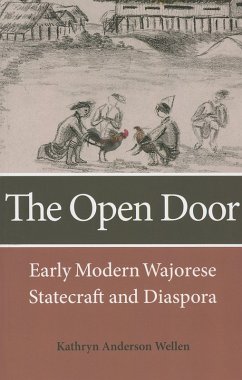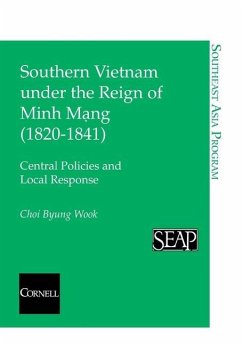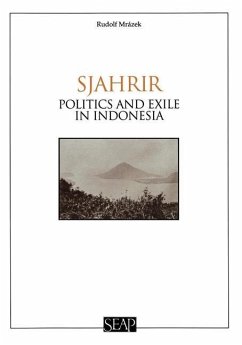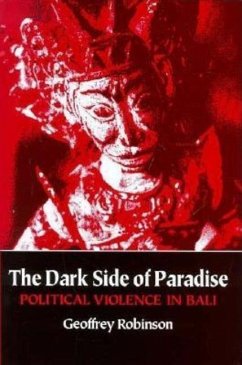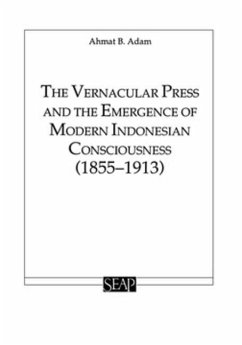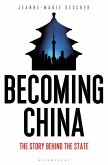The Wajorese people were one of many groups that spread across Indonesian during the early modern era. In the wake of the Makassar War (1666-1669), the Dutch took control of Makassar on the Indonesian island of Sulawesi and used it to consolidate their power in the region. Because the Wajorese had sided with the war's losers, they were treated very harshly and many opted to emigrate. They scattered far and wide across the Southeast Asian archipelago, settling in eastern Kalimantan, western Sumatra, the Straits of Malacca, and the Sulawesian port city of Makassar.
Wellen reconstructs the fascinating and little-told story of the Wajorese diaspora. Wajorese migrants exhibited remarkable versatility in adapting to local conditions in the areas where they settled. They perpetuated their own culture overseas while simultaneously using various assimilation strategies such as intermarriage to thrive in their adopted homelands. Relations between Wajorese migrants and their homeland intensified in the early 18th century when successive rulers in Wajoq deliberately sought to harness the growing military and commercial potential of the migrant communities. This effort culminated in the 1730s when the exiled La Maddukelleng, an Indonesian national hero, returned to Makassar from neighboring eastern Kalimantan and attempted to expel the Dutch from South Sulawesi. His campaign exemplifies the manner in which overseas Wajorese remained an essential part of Wajoq long after they left home.
The Open Door's strong thematic organization allows readers with specific interests such as commercial law, family networks, diaspora, and comparative politics to quickly find fascinating and relevant information about this lesser-known Southeast Asian society.
Wellen reconstructs the fascinating and little-told story of the Wajorese diaspora. Wajorese migrants exhibited remarkable versatility in adapting to local conditions in the areas where they settled. They perpetuated their own culture overseas while simultaneously using various assimilation strategies such as intermarriage to thrive in their adopted homelands. Relations between Wajorese migrants and their homeland intensified in the early 18th century when successive rulers in Wajoq deliberately sought to harness the growing military and commercial potential of the migrant communities. This effort culminated in the 1730s when the exiled La Maddukelleng, an Indonesian national hero, returned to Makassar from neighboring eastern Kalimantan and attempted to expel the Dutch from South Sulawesi. His campaign exemplifies the manner in which overseas Wajorese remained an essential part of Wajoq long after they left home.
The Open Door's strong thematic organization allows readers with specific interests such as commercial law, family networks, diaspora, and comparative politics to quickly find fascinating and relevant information about this lesser-known Southeast Asian society.
Dieser Download kann aus rechtlichen Gründen nur mit Rechnungsadresse in A, D ausgeliefert werden.

